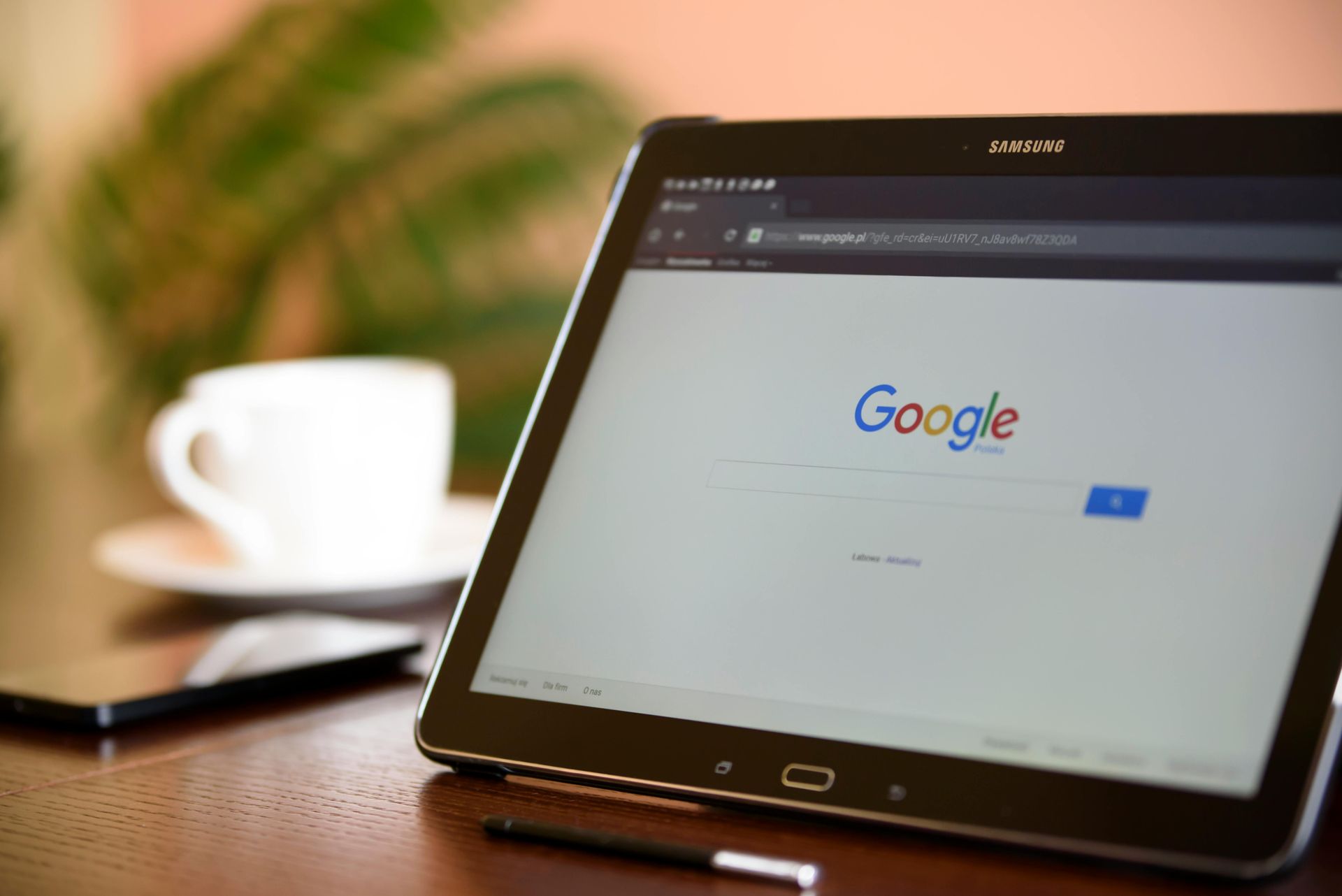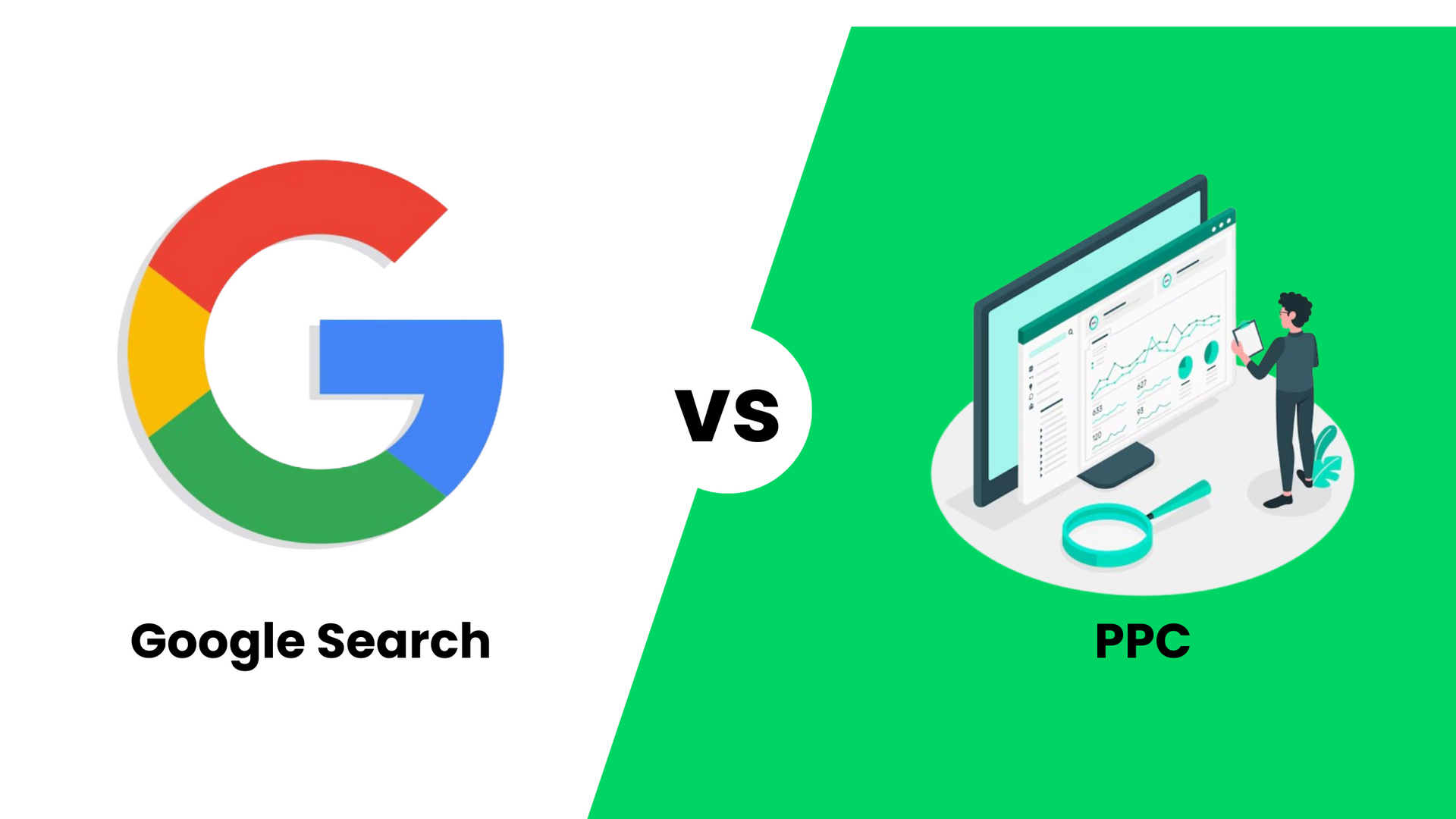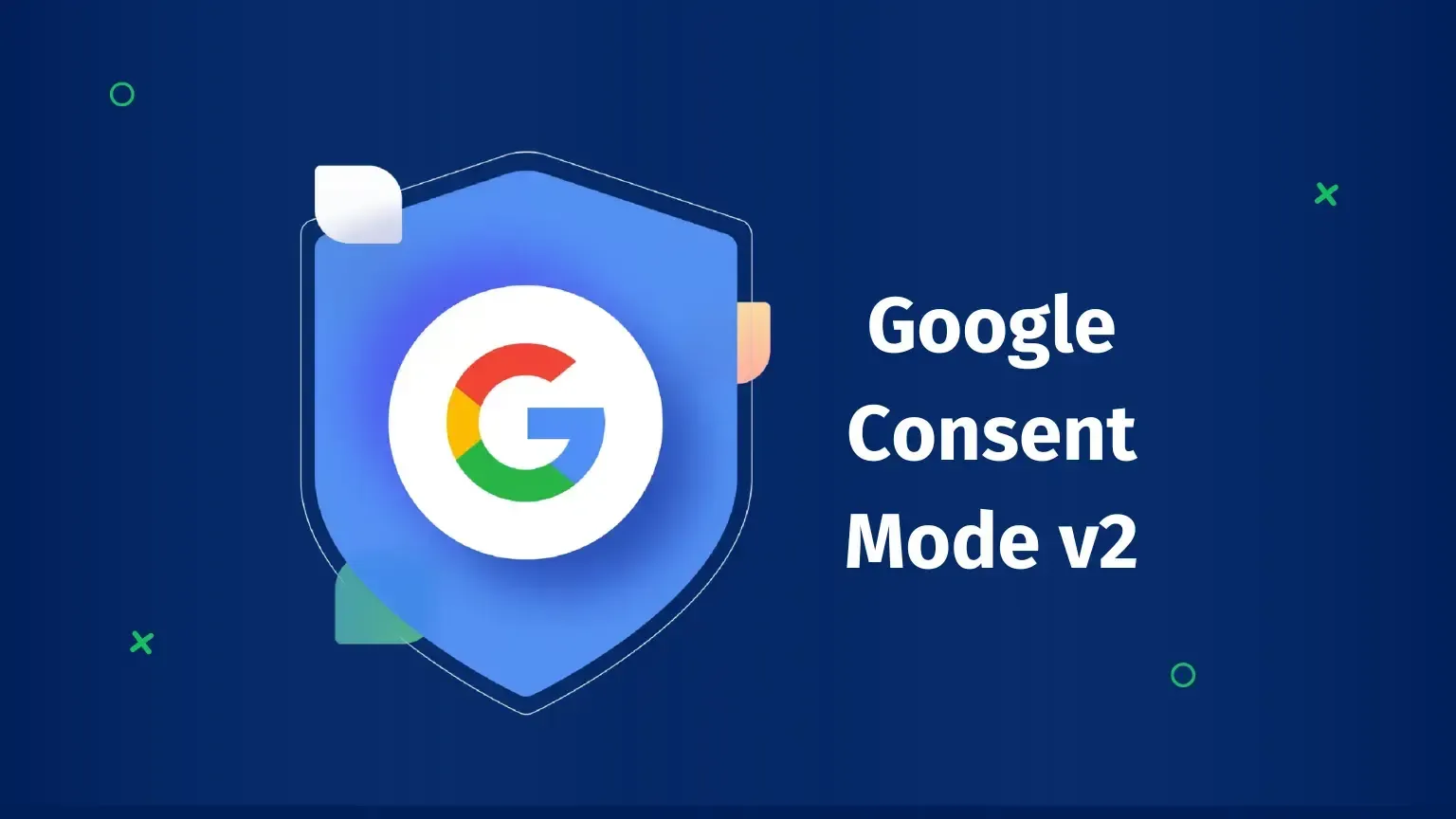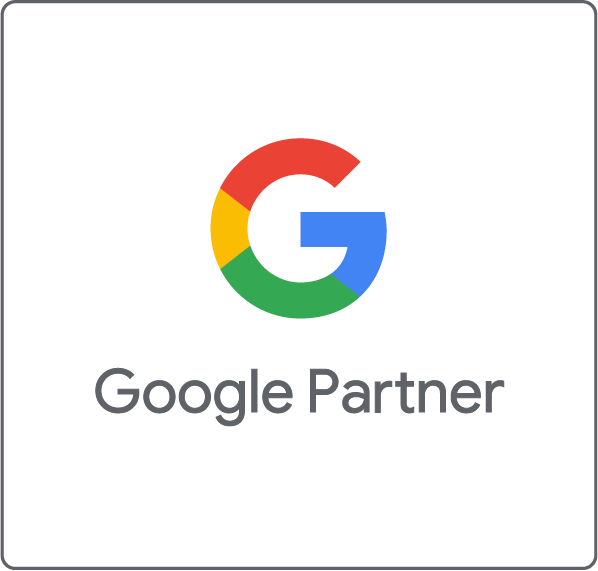Google Search vs Bing: Where Should Service Businesses Focus in 2025?

In today's digital world, being easily found online is crucial for any service business. While Google dominates the search engine market, Bing is a significant player, especially among specific demographics. This leaves many UK service businesses wondering: where should I focus my digital marketing efforts - Google, Bing, or both? Choosing the right platform can significantly impact your visibility, lead generation, and, ultimately, your bottom line.
In this blog post, we’ll provide a detailed breakdown of the similarities and differences between these major platforms. By the end, you’ll have a clear understanding of which search engine best aligns with your business goals.
Understanding the Search Engine Landscape
The Popularity of Google in the UK
Google is undeniably the most dominant search engine in the UK. In March 2024, Google held a market share of 93.61 percent across all devices. Bing had a relatively large market share of approximately 3.94 percent in second place, followed by Yahoo! with approximately 1.35 percent. Its popularity ensures ubiquitous reach, making it a cornerstone of any digital marketing strategy. For service businesses, this means significant exposure to a wide audience actively searching for keywords like "plumber near me" or "best electricians in London."
The advantage of leveraging Google lies in its extensive ecosystem. From Google Maps to Google Reviews, its tools work cohesively to enhance discoverability. For example, optimising your Google Business Profile allows integration across multiple platforms, ensuring your business remains visible in both generic searches and location-specific queries.
Bing's Growing Presence
While Google continues to reign supreme, Bing is far from being irrelevant. Owned by Microsoft, in March 2024, Bing had a market share of approximately 3.94 percent. This figure is steadily increasing as the platform integrates with popular systems like Windows, Microsoft Edge, Microsoft Office, and, more recently, Open AI.
Bing's demographic appeal lies in its higher-income, middle-aged audience. This user base often aligns with service businesses targeting professionals or homeowners—a segment of the market that values reliability and is willing to spend on quality services. Additionally, since Bing powers Yahoo Search and voice assistants like Cortana, businesses targeting Bing users gain access to a wider portal than it initially seems.
Key Differences Between Google and Bing
Algorithmic Variances
Google’s search algorithm is heavily reliant on semantic search, user intent analysis, and machine learning algorithms like RankBrain. This sophistication means Google rewards high-quality, contextually relevant content, even if it doesn’t contain exact keyword matches.
Bing, on the other hand, leans toward more traditional keyword-based rankings. The search engine places heavier weighting on image tags and metadata. Service businesses looking to rank on Bing should adopt structured metadata strategies to stand out.
Audience Demographics
Bing tends to serve an older, wealthier audience, while Google tends to cater to a broader demographic base across all income levels. For service businesses like home repair companies or bespoke consultancy services, Bing might represent an untapped opportunity to reach premium-paying clients.
Paid Advertising Options
While Google Ads continues to dominate the pay-per-click (PPC) market, Bing’s Microsoft Advertising platform often delivers higher ROI for certain industries. According to WordStream, Bing Ads tend to exhibit lower average CPCs than Google Ads, making it appealing for businesses with limited marketing budgets.
SEO on Google vs Bing
On-Page Optimisation
Google rewards natural language and user-centric content. Long-form blog posts, rich answers to frequently asked questions, and mobile-first designs are key factors for ranking on this platform. Voice search is also an increasing priority for Google, with search queries becoming longer and more conversational. This is even more important now in the age of AI search.
For Bing, content with exact-match keywords and well-optimised tags is critical. Service businesses should focus on implementing clear H1 titles, descriptive meta descriptions, and image optimisation, as Bing crawls and indexes multimedia elements more prominently.
The Rise of AI Search
Artificial intelligence is changing how search engines understand and respond to queries. Both Google and Bing are investing heavily in AI. For example, Google's Search Generative Experience (SGE) and Bing's integration with ChatGPT aim to provide more direct and comprehensive answers within the search results. Service businesses should focus on creating content that thoroughly answers potential customer questions and demonstrates expertise, as AI-powered search engines prioritise high-quality, informative content. Staying ahead of the curve means embracing these changes and optimising your content for the age of AI search.
Backlink Strategies
When it comes to backlinks, Google values quality over quantity, prioritising connections from trusted, high-domain-authority websites. Bing also values quality, but may still give some weight to quantity. Building backlinks from relevant directories, customer reviews, and reputable local news websites can benefit your rankings on both platforms.
Local SEO Considerations
One of Google's biggest advantages is the visibility that Google Maps/Google Business Profile grants. For instance, if you’re a cleaning service in Manchester, a strong Google profile ensures you appear in the coveted "map pack" when someone nearby searches for such services.
Bing Places for Business is Bing’s equivalent and shouldn’t be overlooked. While its reach is smaller, the competition tends to be lower, offering service businesses a higher chance of visibility.
Paid Search: Google Ads vs Microsoft Advertising
Cost Per Click Comparison
On Google Ads, popular keywords tend to have higher CPCs due to demand. For instance, terms like “emergency boiler repair London” can cost upwards of £10-15 per click, given the competitive nature of home repair services.
Bing, on the other hand, offers lower CPCs on most keywords. Businesses using Microsoft Advertising might spend 30-50% less on comparable keywords. Small or medium-sized businesses with limited budgets may find Bing a more affordable option to achieve meaningful ROI.
Targeting and Reach Differences
Google Ads provides extensive targeting options, covering everything from shopping ads to YouTube placements. For service businesses with complex target audiences, this diversity is invaluable.
Microsoft Advertising offers slightly less granular targeting than Google but compensates by enabling reach across Microsoft’s ecosystem. For example, an ad placed on Bing could also appear on MSN or in Outlook emails, increasing exposure.
Case Studies: Success Stories for Both Platforms
To highlight their distinct benefits, let’s look at two hypothetical examples:
Google Success Story: A pest control company in Birmingham invested in a robust Google Ads campaign, targeting hyper-local keywords and optimising their Google Business Profile. Within three months, they generated 75% more leads compared to organic traffic alone.
Bing Success Story: A bespoke kitchen designer targeting affluent homeowners in Surrey used Microsoft Advertising to thrive in Bing’s less competitive landscape. They saw a 25% reduction in cost per lead compared to their Google Ads campaigns while attracting higher-value clients.
Which Platform Should Service Businesses Prioritise?
The answer depends on your goals and audience:
- Invest in Google if: Your service business aims to reach the largest possible audience, if your budget allows for higher CPCs, and if visibility across networks like Google Maps is critical.
- Invest in Bing if: Your ideal customers are older professionals, you have budget constraints, or you want to establish a foothold where competition is lower.
For most service businesses, the smartest approach may involve a hybrid strategy. Starting with a strong Google presence while experimenting with Bing campaigns can ensure you’re capturing opportunities on both platforms.
Final Thoughts and Recommendations
Both Google and Bing offer unique advantages for service businesses, and the best choice largely depends on your audience and resources. While Google remains the default for most, businesses willing to explore Bing could find untapped opportunities for growth, especially in sectors where premium clientele is a focus.
At Winston Web Co, we specialise in helping UK-based service businesses design bespoke digital strategies that maximise visibility on both Google and Bing. Whether you need SEO support, PPC management, or help building your local presence, we’re here to help you achieve measurable results.
Ready to elevate your online presence and get more leads? Contact Winston Web Co. today for a free consultation and website, SEO, and ads audit. We'll help you develop a tailored digital marketing strategy to maximise your visibility on both Google and Bing. Explore more insights on optimising your digital marketing strategy on our website.
About the Author:
Winston Web Co. is a leading digital marketing agency based in the UK. We specialise in helping service businesses grow their online presence through effective SEO, PPC, and web design strategies. With a team of experienced professionals, we are dedicated to delivering measurable results and helping our clients achieve their business goals.










